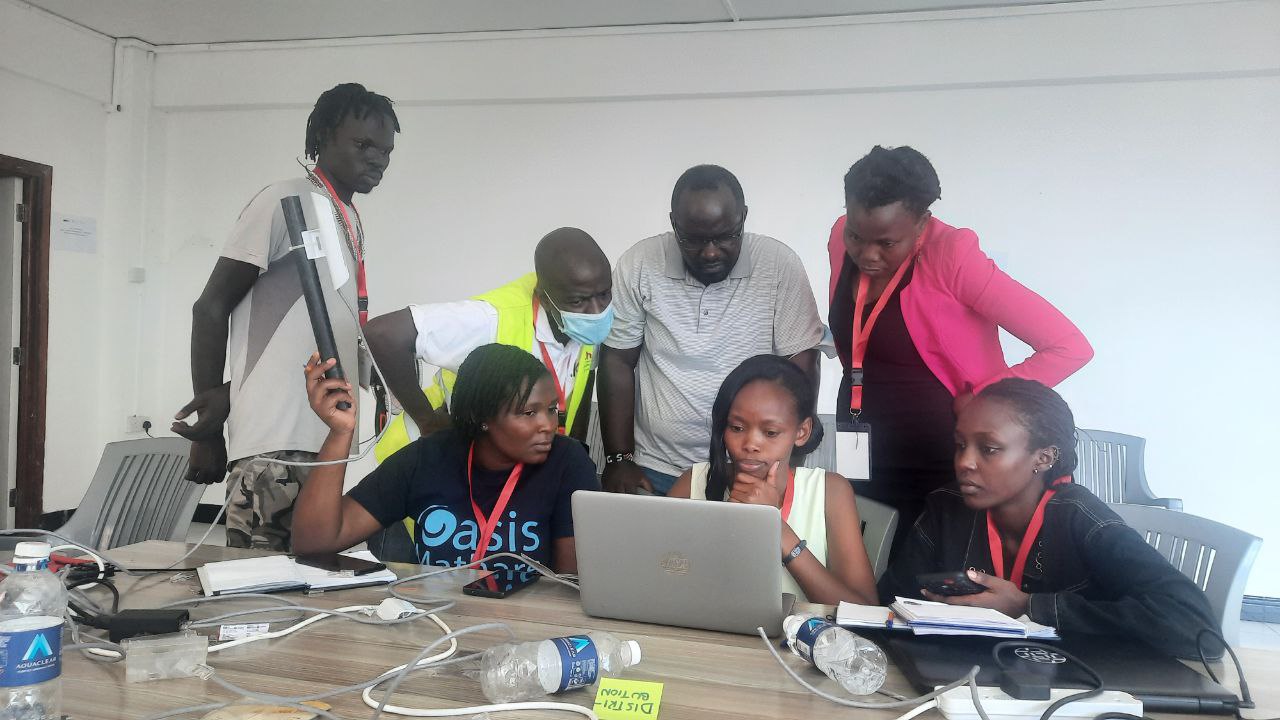The organisation that coordinates the Kenyan National School of Community Networks is Tanda, located in Nairobi and has strong focus on digital literacy issues and in the development of a community network in the Kibera neighborhood.
Under the methodology of Participatory Action Research (PAR), the school was designed in various phases, which led Tanda to know more deeply the context in which the school would be developed, in addition to the existing training needs and ways of learning of the participants.
Once the context was better understood, Tanda continued with a stage of thinking and designing the programme. The development of the school started from the consolidation of an advisory committee formed by the participant organisations of the training program and specialists in technical, economic and social issues related to community networks. Over the course of just over a year, Tanda with this committee, defined the characteristics, contents and methodology of the programme. In this period of time, activities, visits and explorations were developed to allow the team to select the local organizations they would like to work with.

Once the local organisations were selected, a reflection activity was convened in Kilifi in December 2021, in which members of the advisory committee and the local organizations participated, in order to establish the basic principles of the school.
The school held the first face-to-face encounter from 28 February to 4 March 2022 in Kisumu. The 21 participants from seven communities underwent training in network infrastructure and services, policy and regulations and ways to achieve sustainability.
Since the school was launched, Tanda has been providing virtual mentorship to the participants in three specialised sectors, called Communities of Practice: Network Infrastructure, Sustainability and Local Content Development. In addition to the virtual mentorship, the model they have opted for includes face-to-face mentoring in each of the territories and design specific support in each case.
In November 2022, a new in-person meeting with all the participants of the school was organised and seven communities received the funds of the microgrant project for the implementation stage. The projects presented by the local organisations are related to feasibility studies, operational autonomy and building internal capacity for deploying and managing a community network, among other issues.
In addition to working with the local organisations for the implementation of their projects, Tanda is developing a series of webinars to help other organisations start community networks and replicate their school's experience.
Unless otherwise stated, content on the CN Repository is licensed under Creative Commons Attribution 4.0 International (CC BY 4.0)
Made with ❤ by LaLibre.net